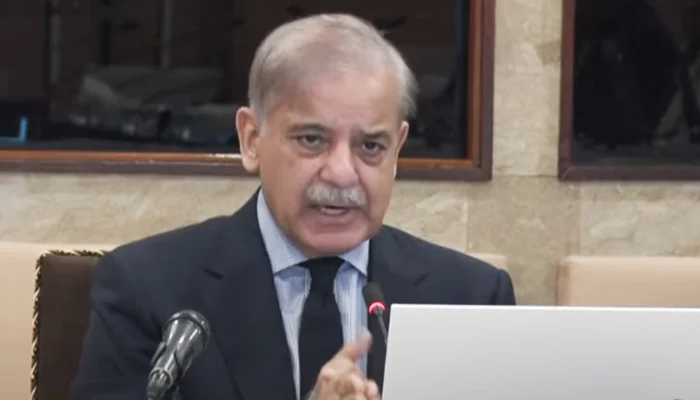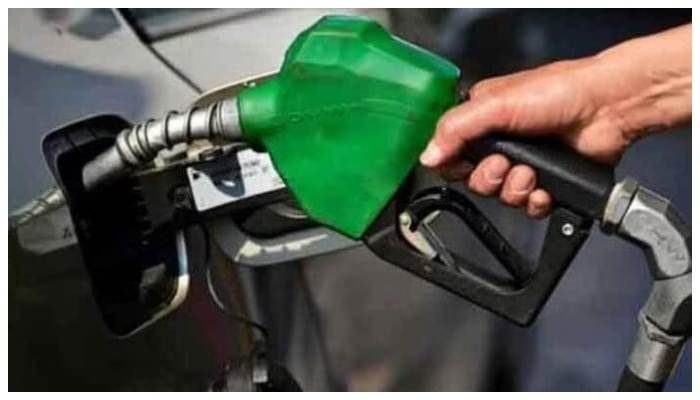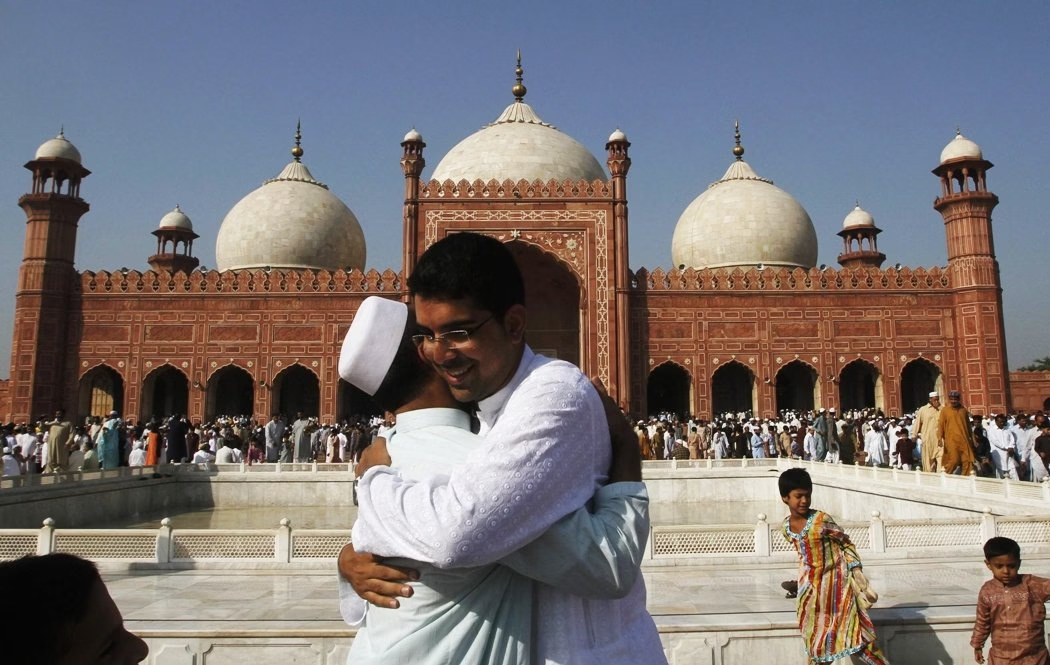Amid rising public discontent over escalating electricity bills, Prime Minister Shehbaz Sharif has emphasized that the coalition government is committed to reducing these costs and urged that the issue should not be politicized. During a cabinet meeting held in Islamabad on Friday, the prime minister asserted that using the electricity crisis for political gain would be an affront to the public’s hardships.
Protests and Public Outcry
The premier’s remarks come as Jamaat-e-Islami (JI) leads widespread protests against the soaring cost of electricity. These demonstrations have included the blockage of major roads to Islamabad and protests by traders in several cities. Protesters are demanding the removal of taxes on power consumption, which they argue have significantly inflated their electricity bills, exacerbating the financial strain on low- and middle-income households.
JI Emir Hafiz Naeem ur Rehman has declared the party’s determination to continue these protests until the government addresses their concerns regarding the high cost of power. The government’s negotiations with protest leaders have yet to yield any concessions, and the public remains frustrated with the ongoing price hikes.
Recent Increases in Electricity Costs
During the last fiscal year, which concluded on June 30, the federal government authorized a 26% increase in electricity prices. This was followed by an additional 20% hike on July 13, further burdening consumers already grappling with rising inflation. Despite public backlash, the government has justified these increases as necessary for revenue generation, particularly through petroleum products and power.
Experts participating in a panel discussion in Karachi have indicated that a reduction in electricity prices is unlikely given the government’s fiscal strategies. This has left many consumers skeptical about any forthcoming relief.
Government’s Response and Subsidies
Addressing the cabinet, Prime Minister Shehbaz Sharif acknowledged the significant tax burden on the salaried class. He announced a Rs50 billion subsidy allocated for July, August, and September to help mitigate electricity costs. Additionally, the government has reduced the per-unit cost of electricity by Rs8.5 for industries, aiming to support economic activity and reduce operational expenses for businesses.
The prime minister highlighted that consumers using up to 200 units of electricity would be shielded from the recent hikes, reflecting the government’s commitment to protecting the salaried and lower-income classes from further financial strain.
Balancing Taxation and Relief Measures
PM Shehbaz stressed that while certain taxes are essential for national revenue, it is unfair to impose excessive taxes on already burdened taxpayers. His administration is focused on balancing the need for revenue with the imperative to provide relief to the public, particularly those most affected by the economic downturn and inflation.
Political Reactions and Future Steps
The protests led by Jamaat-e-Islami have brought significant attention to the issue, highlighting the urgent need for a sustainable solution to the rising electricity costs. The government’s ability to address these concerns effectively will be critical in maintaining public trust and ensuring social stability.
Prime Minister Shehbaz Sharif’s commitment to reducing electricity bills and providing financial relief underscores the government’s awareness of the public’s struggles. The allocation of subsidies and protection for low-usage consumers are steps in the right direction, but the broader challenge of balancing fiscal responsibility with public welfare remains. As protests continue, the government’s responsiveness to public demands and its ability to implement effective policies will be pivotal in resolving the ongoing crisis.



